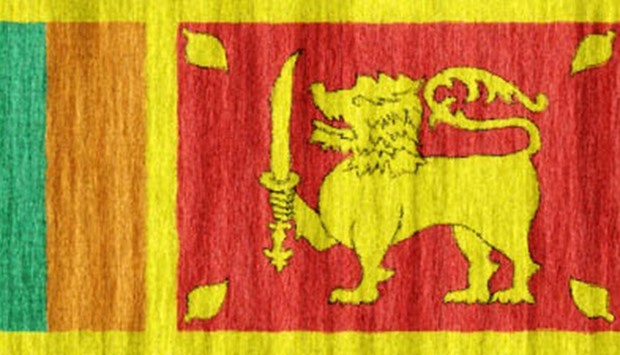A Sri Lankan court yesterday acquitted five men, including three navy intelligence officers, charged with assassinating an opposition Tamil legislator whose party immediately raised concerns about judicial integrity.
Nadaraja Raviraj, who represented the Tamil National Alliance (TNA), was shot dead in 2006 along with his bodyguard as they drove out of his home in Colombo, two and a half years before the end of the country’s Tamil separatist war.
Raviraj had been a staunch critic of then-president Mahinda Rajapakse’s no-holds-barred offensive that crushed Tamil rebels and prompted allegations that up to 40,000 Tamil civilians were killed by troops.
The court heard testimony that a navy intelligence unit, which operated near Rajapakse’s official residence, had carried out the assassination.
The Colombo High Court discharged the suspects, three of whom were tried in absentia, in a judgement delivered past midnight on Friday after a month-long trial.
One of those tried in absentia - a police officer - has reportedly fled the country and is said to be living in Australia.
“The jury’s decision was that the accused cannot be convicted based solely on the fact that they were identified (by) several witnesses in the case,” the state-run Daily News said.
TNA spokesman and fellow member of parliament M A Sumanthiran said the acquittal confirmed their fears that the victim could not expect a fair trial by a jury consisting only of those belonging to the majority Sinhala-speaking community.
“It became an us (majority Sinhalese) versus them (minority Tamils) issue and shows we were right to object to this jury, but our position was rejected by the judge,” Sumanthiran said.
He said the court verdict underscored the need for independent international judicial experts to investigate allegations of war crimes during the 37-year-long Tamil separatist war which ended in May 2009.
He added that the five men were charged with executing the assassination, but those who had ordered it were still at large.
Human rights organisations have accused government forces of killing political opponents and suspected Tamil rebel sympathisers during Rajapakse’s rule.
Sri Lanka’s new government, which came to power in January last year promising accountability for wartime atrocities and ethnic reconciliation, has so far refused to allow international judges in any war crimes probe.

SRI LANKA
